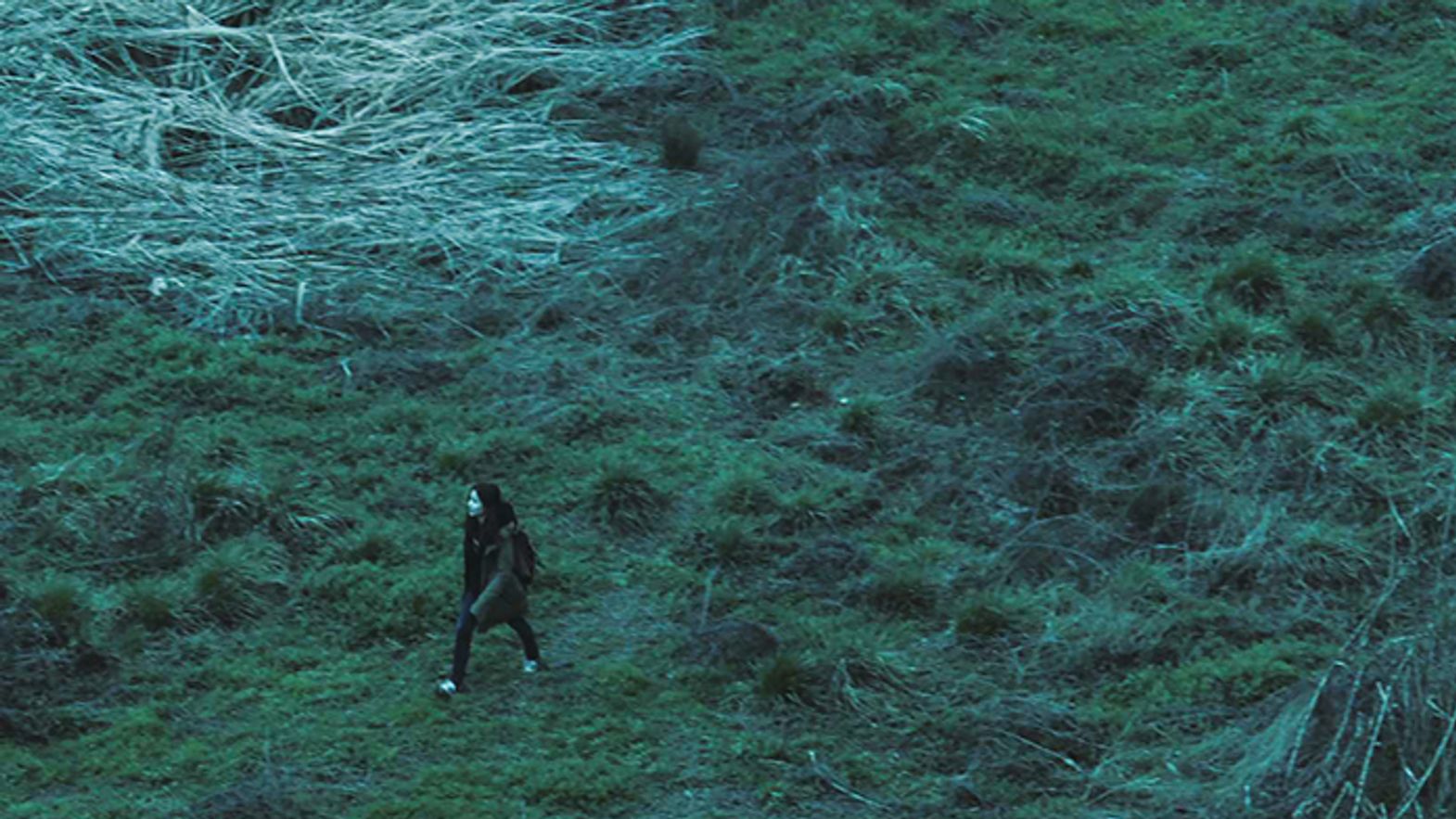Cinema is a space where everything is possible, that is a well known cliché – but it doesn’t mean it’s not true. Cinema is, and always will be, a dream-like experience. This year’s final Pardi di domani session reminds us to keep our senses open and feel the films we are watching, instead of pretending to hide everything under the safe idea of an understandable story. Structured like a journey through the tunnels of memory, the Chinese film Zhi shuo yi ci (Dream Speaking) explores what seem to be the lost dreams of a young woman. Hypnotic images surrounded by a mysterious soundscape made up of a voice-over and different sound effects clash with brief texts onscreen – “Everything can be a story”, according to director Chen Hui. By the end of the film we might wonder if what we had witnessed was a possible reality, a dream, or even something third.
By contrast, Alon Sahar’s OUT takes the looks of a documentary to portray a young Israeli man. In the opening scene, we witness two different conversations in a bar in Tel Aviv. The atmosphere is casual, the weather is nice and hot; everything seems to be normal. The main character of the film explains to a young man the process of “mapping” – that’s when the army picks up a random street and bangs the doors at night, waking up all the (Palestinian) family members. They then sketch the apartment, take pictures of the residents, ID them and leave. Wrapped in this every-day life mood, a strong violence emerges from all around. Can we accept violence becoming a routine?
From an illusion of a normal life we shift into a cinematic dream – that of Corey Hughes, Baltimore-based director of Pardi di domani 2017 Special Mention film Armageddon 2. His new and once again fascinating piece of cinema is called My Expanded View and it is introduced in the synopsis as a YouTube yoga tutorial. Instead, this one should be labelled as a tutorial on shooting in the age of digital cinema. Hughes delivers a masterclass on using tools such as drones, iPads, Osmo cameras, thermal cameras, and what-not, to expand our views on how images can be created today.
Last but not least, Nathan Douglas’ La Cartographe begins with a series of long shots of a man jogging around the cityscape. A young woman observes him from her building’s balcony. What at first glance appears to be a voyeuristic film about a girl’s obsession with her neighbour’s life eventually turns into one of the most delicate and beautiful stories we have witnessed in a long time. A story on how people can become attached to each other without ever meeting. Douglas’ cinema is that of devotion, and his approach to humanity is an optimistic one, almost religious. We should dream more while waiting for 2019’s Pardi di domani.
